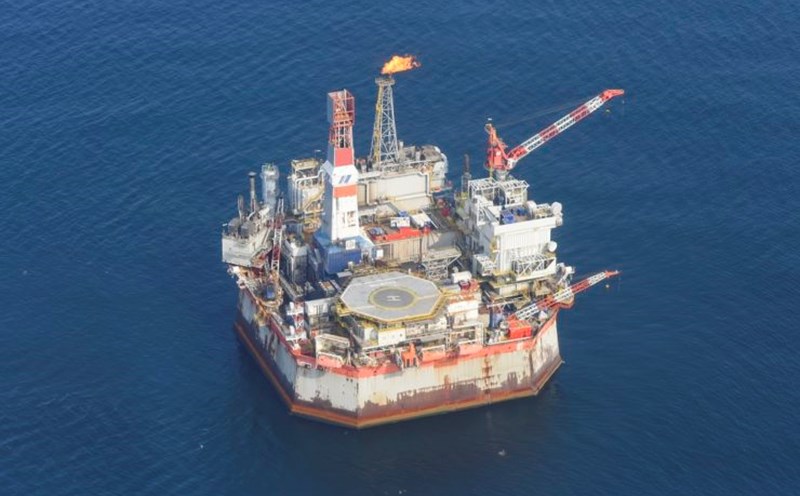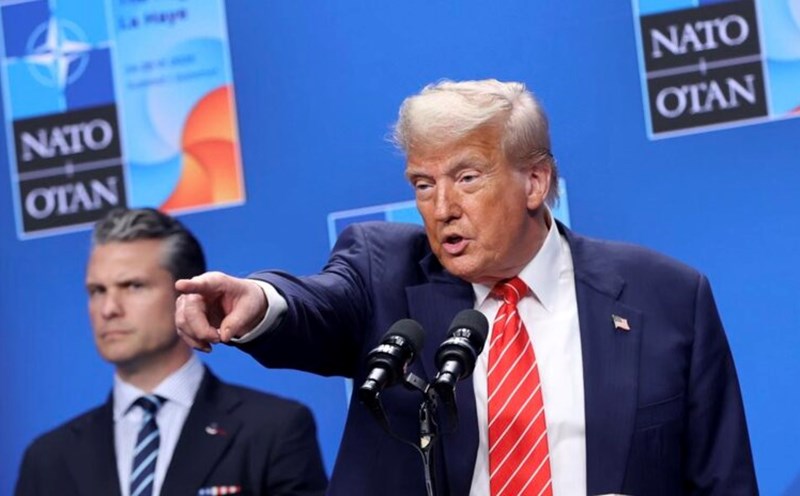The two countries have said they will not change their policy for economic benefits and foreign autonomy.
On August 3, two sources from the Indian government confirmed that the country "will not have any immediate changes" regarding Russian oil imports. These are long-term contracts, one official said. It is impossible to say that stopping is stopping right away".
The statement goes against Trump's previous statements, saying he heard India had stopped buying oil from Russia and called it a right move, although the accuracy could not be confirmed.
Data shows that India imported an average of 1.75 million barrels/day of oil from Russia in the first half of this year, accounting for about 35% of the country's total oil imports. Cheaper Russian oil prices have benefited Indian businesses and consumers - a key reason why New Delhi is unwilling to abandon the supply.
Brazil also responded similarly. President Lula da Silva's special adviser, Celso Amorim, affirmed: "We are against any economic sanctions without the approval of the United Nations Security Council."
Indian analysts and politicians have pointed to the US's conflict, as Washington continues to import uranium from Moscow, while Europe still buys oil from Russia but requires other countries to stop.
In the country, Indian Prime Minister Narendra Modi called on people to prioritize domestic goods amid global economic uncertainty. He warned of the risk of decline and called on traders to only sell domestic goods in the upcoming holiday season - a move believed to appease domestic public opinion under pressure from the US.











